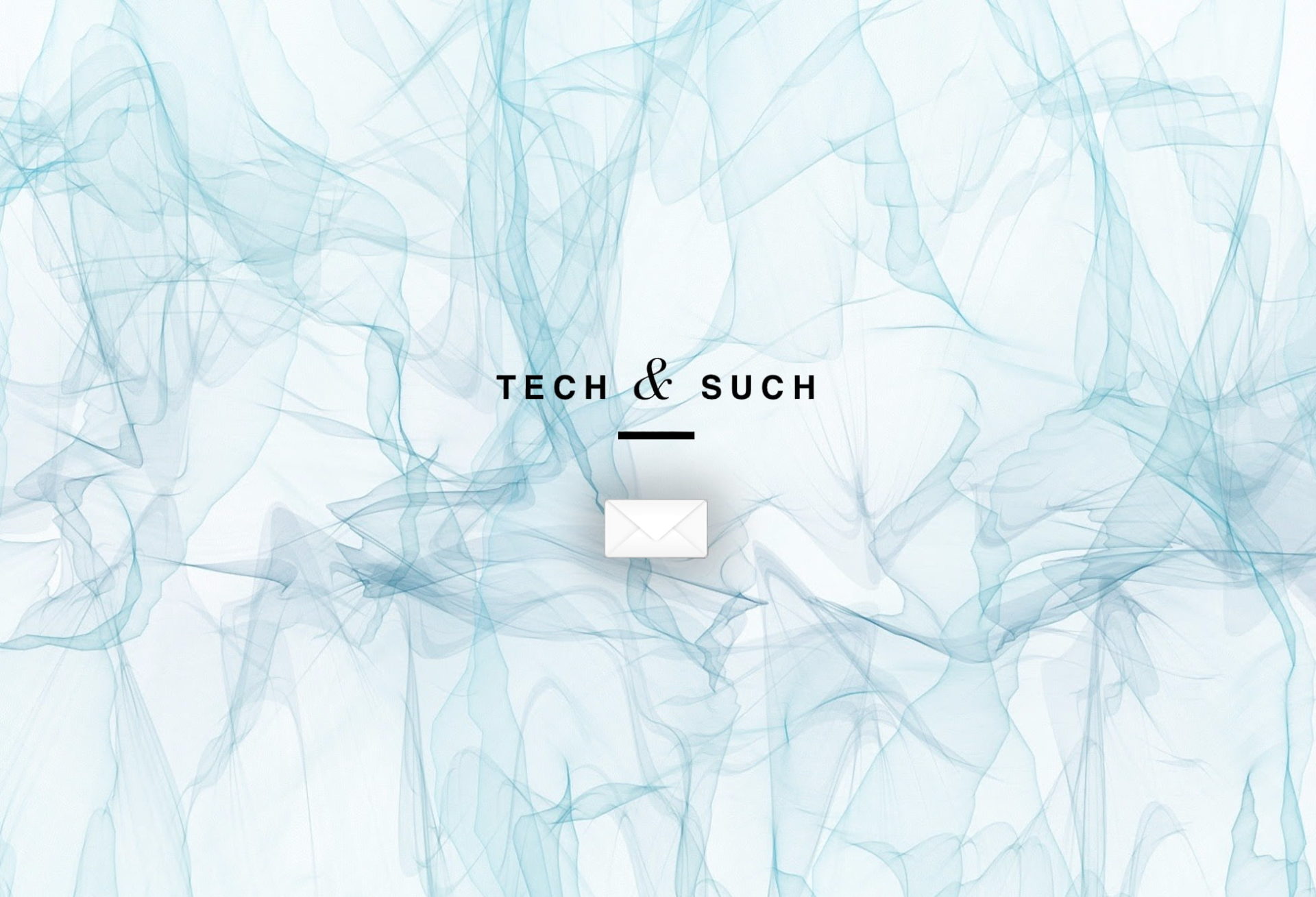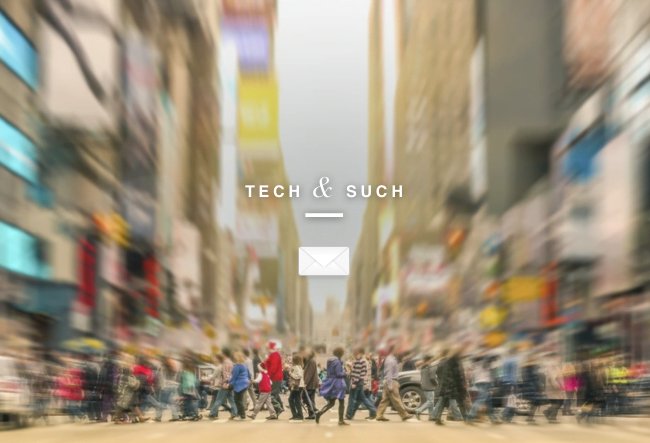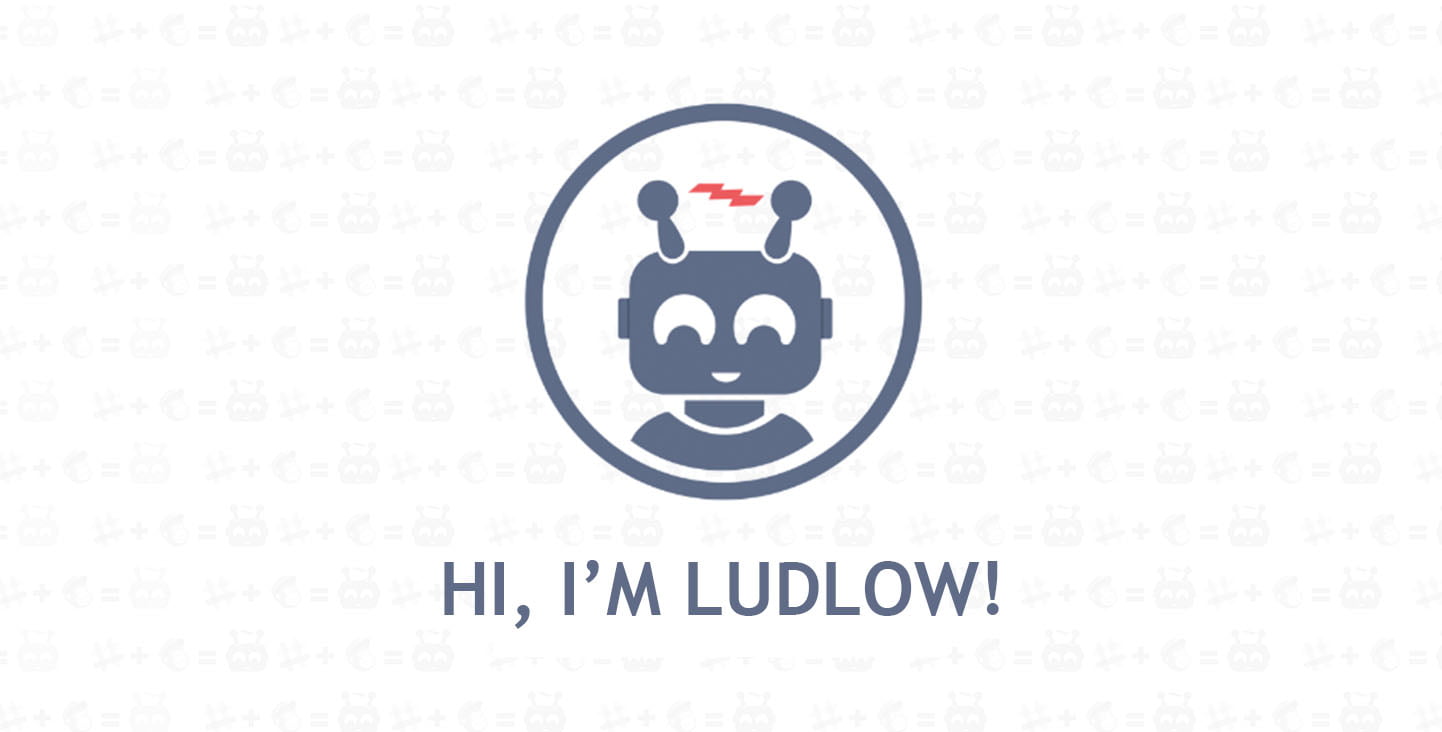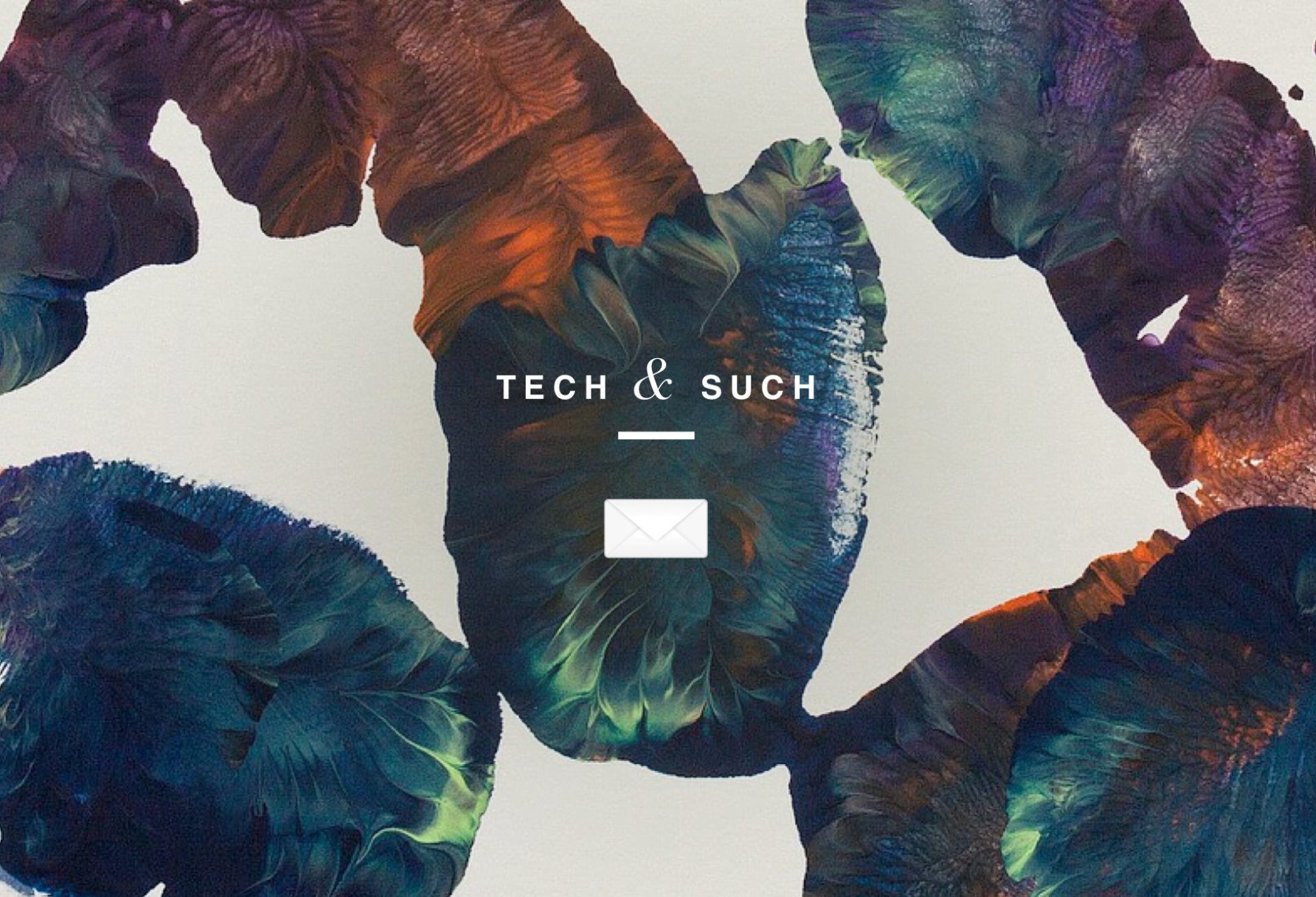This week we’re talking about AI autism detection early and accurately, 🇨🇭 Swiss building-sized air purifiers, there may be a sixth taste 👅?, and VR for drug rehabilition.
MEDICAL .
AI Detects Autism in Infants Before Humans
Our last newsletter mentioned how the FDA is hiring computer and data scientists like crazy to keep track of the impact that AI is having on medical software. Latest research from the University of North Carolina provides more evidence that AI already is revolutionizing health and medical science. A research group at the University of North Carolina were able to predict with near complete accuracy whether a baby would develop autism at six-months. Currently, a child isn’t diagnosed by a professional with autism until they are over two years old.
While the earliest signs do emerge at around 6-12 months most diagnoses are not considered definitive until 18 months. That means machine learning may have now provided a new highly accurate and early diagnostic test for autism. Their algorithm was able to detect patterns in brain scan signatures, by focusing on brain regions associated with key features of autism, such as language skills and repetitive behaviors. Data ftw! 💪
ENVIRONMENT .
Converting CO2 into $$$ 💰
Who knew that fighting climate change can be part of a competitive economy? Well, almost everyone. Especially the Swiss. Last week, the world was graced with the first commercial plant that captures carbon dioxide from the air and sells it to business. It can capture the approximate output of 200 cars annually, at 900 tons of CO2.
The company, Climeworks, is aiming to capture 1% of the world’s CO2 emissions and eyes 250,000 plants to attain that goal. The gas is currently sent through an underground pipeline to a greenhouse to help grow vegetables. But the gas could also be sold to carbonated beverages. While there are over a billion cars in the world, and there are more efficient methods out there, this is still a significant step. They’re profiting off of the air, and helping the environment! It’s a win-win.
💧 .
Do we have a sixth sense on our tongue?
Yeah, bet you’re surprised we didn’t start the newsletter with this one. Scientists believe they have discovered a sixth sense – or taste – on the tongue. The additional taste, along with the five basic tastes (salty, sour, sweet, bitter, and umami), could be water. Does water have a taste of its own? Or is it really just a conduit for other tastes? Either way, some hipster is going to make ‘watery’ food a dining trend by the end of the year.
Scientists at the California Institute of Technology found water-sensing taste receptor cells (TRCs) in the mouse tongue. They then found that mice that didn’t have these TRC’s had a more difficult time deciding to drink water versus a less palatable clear oil. Even further testing their case, in a separate batch of specially bred mice, scientists were able to manipulate the mice’s TRCs to react to blue light. Shining blue light on these mice’s tongues led the mice to act as if they were tasting the water. How? The mice started to lick a water spout, without any water present! Let’s see Evian and Dasani have a field day with this…
VR .
It’s not all fun and games, it’s therapy ⚕️
We’ve talked about VR for baseball, and you may have heard that a recent record was set for being plugged into VR the longest amount of time (50 hours), but VR is serious business. Or it could be. A Canadian long-term drug addiction treatment center is looking at VR for treatment. One thing addiction experts know is that people with addictions have ‘triggers’ that lead them to relapse into past behavior. The idea here is to help clients exercise self-control when exposed to these triggers in a virtual environment.
The treatment center, John Volken Academy, is working with a professor at Canada’s Simon Fraser University. Now that the quality of VR is getting better and better, the question is whether the experience will be real enough to elicit the same real-world responses. So far the project is very early on, but the research will continue for the next five years in Canada, and eyes to expand to treatment centers in the United States as well.




